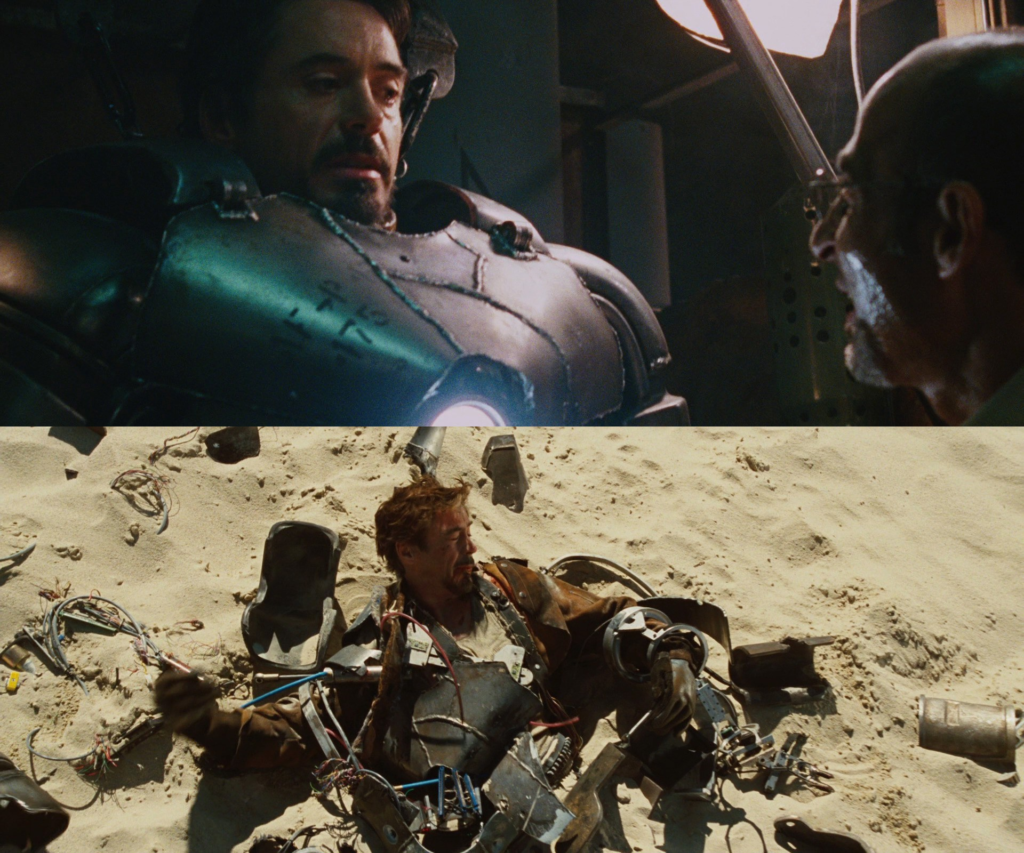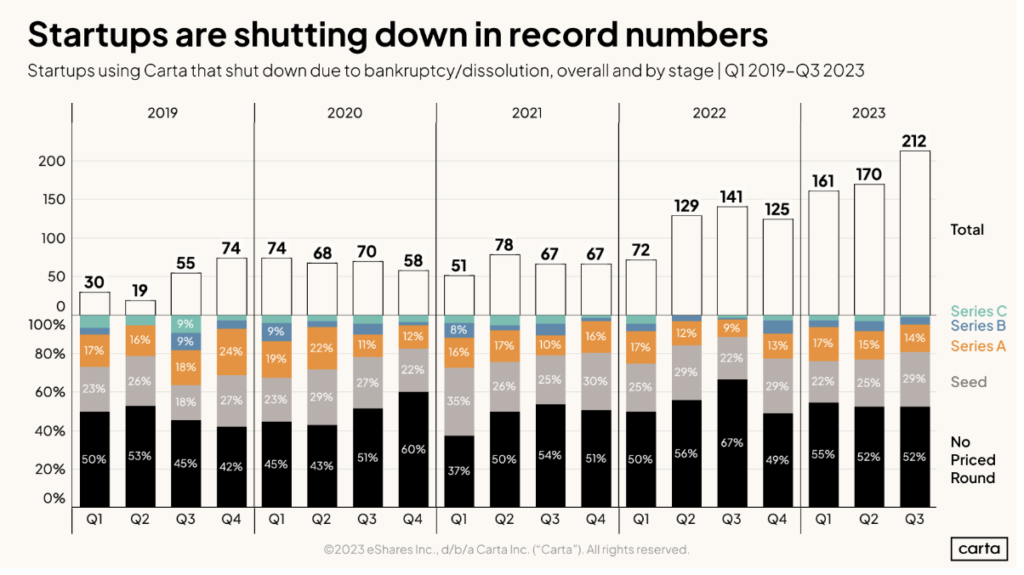One of my favorite scenes in Silicon Valley is when the protagonist Richard asks a failed founder why he raised so much money at a big valuation that ultimately lead his company’s demise. The founder was puzzled and wondered what more he could have done. Richard replies “well you could of taken less money..” Comically the founder reveals that the thought never occurred to him.
Despite this being a comedy about the ridiculousness of the venture capital scene I find that it pretty much resembles the truth. Currently, numerous companies are experiencing unfavorable financial outcomes due to their capital structure.
More capital can feel like the right thing to do when offered but let me tell you the downside.
Having too much money at a pre-mature stage of the business is like going to the grocery store hungry. You are going to make bad decisions. Full stop.
Choosing to accept a leaner balance sheet keeps your mindset scrappy and enables you to focus on finding the right product-market fit, rather than wasting time and resources on unnecessary capacity building. Moreover, it prevents founders from having to make difficult decisions, such as letting go of employees when it’s not immediately necessary.
In the end, the scene from “Silicon Valley” is more than just a laugh—it’s a teachable moment wrapped in a comedic package. It highlights a critical, often overlooked truth in the startup world: more money isn’t always the answer. In fact, it can be a siren song, luring founders towards a mirage of success. Remember, running a startup is like being a savvy shopper with a limited budget—you’ve got to pick the essentials first. Opt for lean funding, and you’ll keep your business nimble, your decisions sharper, and your path to success clear of the clutter that comes with too much too soon. It’s not just about finding the right product-market fit; it’s about avoiding the buffet effect where everything looks tempting but nothing really satisfies. So, next time you’re offered a truckload of cash, think twice. Maybe, just maybe, what your startup needs is a well-packed lunchbox, not a feast.










